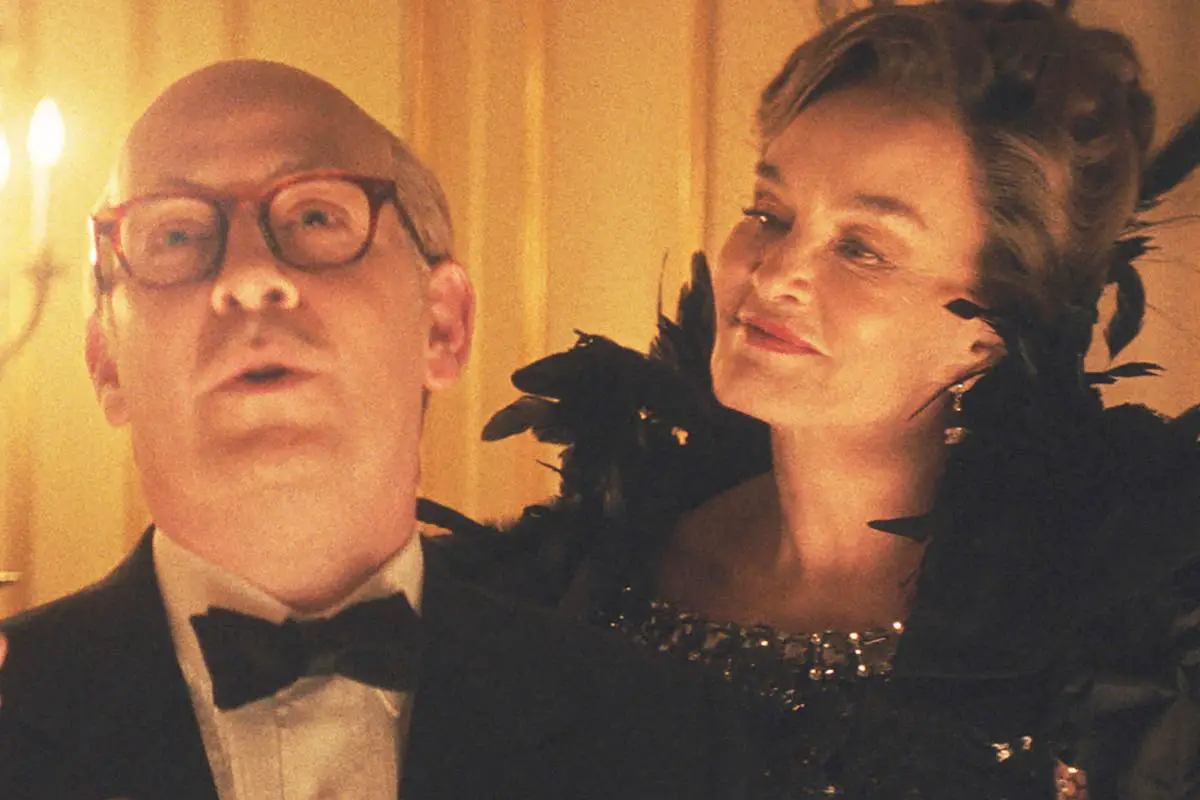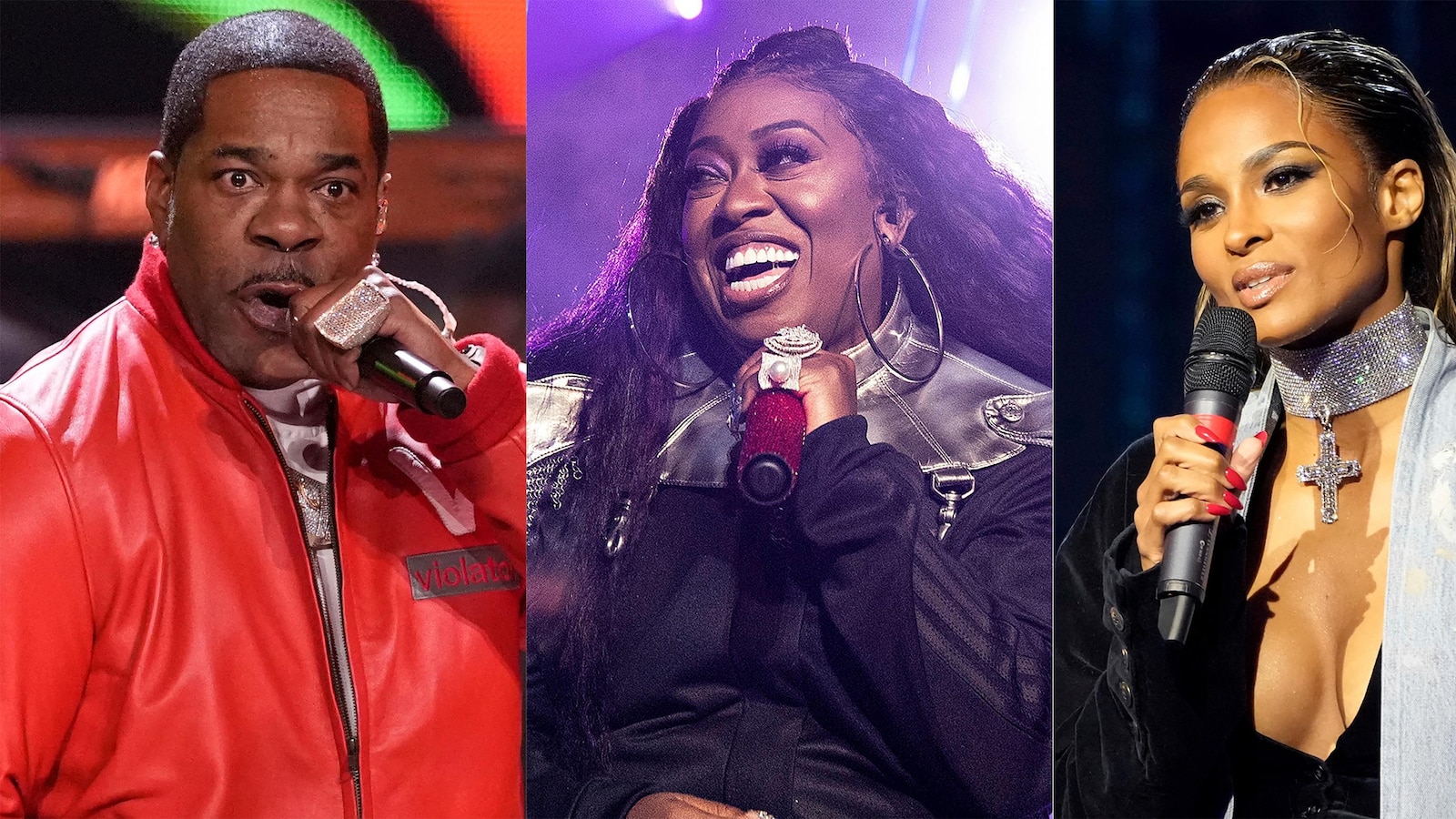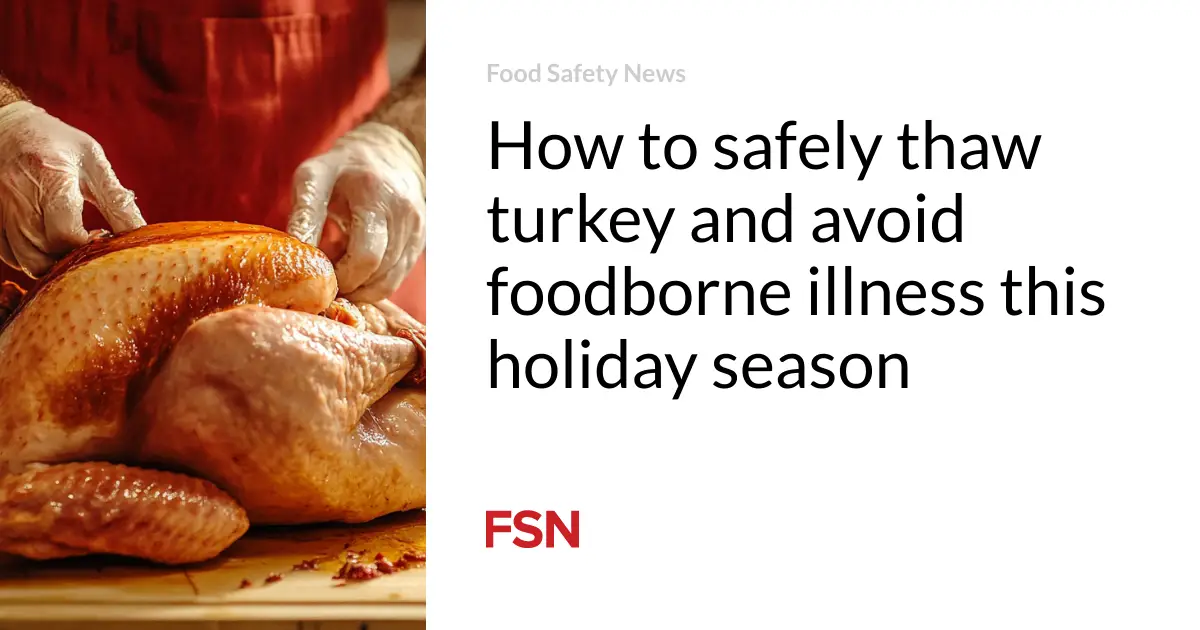
In the world of biopics, there is no Hamlet or King Lear. There is no seminal role that each actor takes, as a coming of age. Instead, historical figures tend to be defined by a single great performance: Jamie Foxx is Ray Charles, Eddie Redmayne is Stephen Hawking, Daniel Day-Lewis is Abraham Lincoln. So, when a real-life character – such as the writer Truman Capote – provides award-winning, career-defining, critic-enticing roles for multiple actors, what does it say about the nature of that personality? This is the issue of self-conception, inadvertently or otherwise, at the heart of Feud: Capote vs The Swans.
It’s the 1960s and Capote (Tom Hollander, following in the footsteps of previous Capotes including Philip Seymour Hoffman and Toby Jones) is not only the celebrated author of Breakfast at Tiffany’s and In Cold Blood but the toast of New York high society. He surrounds himself with a coterie of glamorous, upper-crust women whom he nicknames “the Swans”. “Gliding through the ponds of society,” as Capote describes them, “underneath the crisp surface of the water they have to paddle twice as fast and vigorously as an ordinary duck.” Chief among these waterfowl is Babe Paley (Naomi Watts), the beautiful wife of an unfaithful industrialist, but she is joined by icy Slim (Diane Lane) and gentler CZ (Chloë Sevigny). Capote and these women form a seemingly unbreakable clique, occupying the top table at Manhattan eatery La Côte Basque. Unbreakable, that is, until Capote publishes a tell-all story, named after the restaurant, in the pages of Esquire. All hell breaks loose.
Feud: Capote vs The Swans represents the second instalment in the Feud series, from prolific Glee creator, Ryan Murphy. Since leaving all-singing, all-dancing high school, Murphy has become the king of the glitzy anthology series, birthing American Horror Story and American Crime Story into the world, as well as a more middling fare like Scream Queens, Hollywood and The Politician. But with Feud, Murphy is on safe ground: stories of scrapping celebrities that expose both social mores and creative ructions. Is Capote, now widely considered an important 20th-century writer, “dazzling” or a “homosexual court jester, singing for his supper”?
An Oscar-winning Hoffman in Capote in 2005. Jones in Infamous a year later. Nearly two decades earlier, Robert Morse – who won a Tony for his one-man show, Tru. Now Tom Hollander. Many great actors have taken on the trademark, lilting tones of Capote to considerable acclaim. “I’m as tall as a shotgun and just as noisy,” the writer used to say, of himself, but Hollander captures the noise. The voice, oscillating between brittle and venomous, and the mannerisms, like a half-trained ballerina on barbiturates, are perfect. But so they were with Hoffman, Jones and Morse. It’s hard not to feel, with this run of excellent Capotes, that far from being a challenge to depict someone so distinctive, the role is actually a gift to actors. Perhaps it’s all a bit too easy.
Trickier, then, is the task of bringing to life the swans, these chillingly snobbish socialites. Murphy has assembled a fantastic collection of actresses, from Watts, Lane and Sevigny to Calista Flockhart, as Jackie O’s little sister, Demi Moore, as a tragic murderess, and Molly Ringwald, as Johnny Carson’s wife, Joanne. It is the sort of cast that only a showrunner like Murphy could attract. And even though his aesthetic sensibilities lean towards the lurid (whether that’s the technicolour of Pose or the depravity of Dahmer – Monster: The Jeffrey Dahmer Story) and subtlety has never been part of his repertoire, Murphy knows how to handle an A-list ensemble. The swans rotate around Capote in neat, concentric circles, each enjoying their moment in the author’s strange, unsettling light.
For some, the central tension will seem too small stakes. A rift between vapid luncheon-ers and their pet author? For others, Capote’s Winnie the Pooh voice will be more irritating than enchanting. But Murphy manages to capture the appeal, both of Capote and the world that he so vividly depicted. “There’s something in him that sees the way that humans behave like astronomers see constellations,” Jack (Joe Mantello), Capote’s long-term partner, observes. And even in the night sky – from the Big Dipper to Orion’s belt – there’s hardly a better collection of stars than the ones Murphy has arranged, in deliberate fashion, for this beguiling season of television.
‘Feud: Capote vs The Swans’ is streaming in the UK on Disney+







